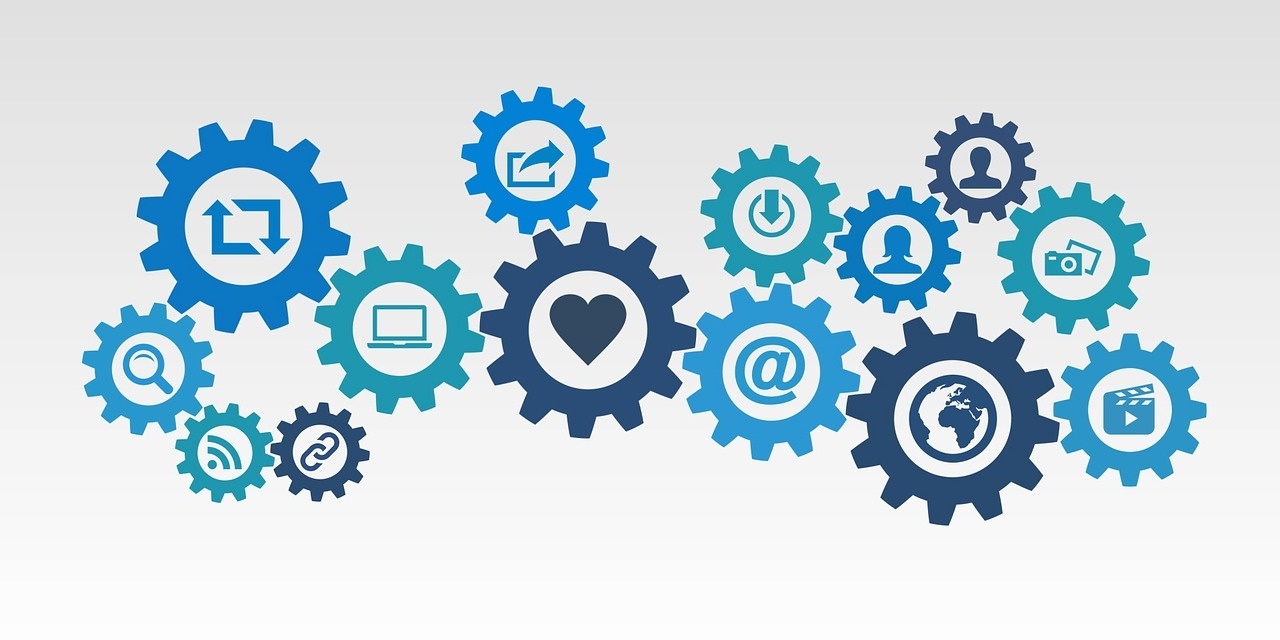Working From Home & Your Income Tax

The inescapable income tax season is just around the corner, and this year, the task could prove even more tedious than usual if you were working from home in 2020, since both the federal government and the Quebec government have authorized a deduction for home office expenses due to COVID-19. This is why we are sharing some details about these expenses that you will need to consider when you file your 2020 income tax returns.Before we start, it is important to note that governments have introduced simplified methods for claiming the home office expenses deduction for employees. To avail yourself of these simplified methods, you must have worked more than 50% of the time from home for at least 4 weeks.
Please note that the simplified method cannot be used by employees claiming the motor vehicle expenses deduction (traditional forms: T-777 for the federal and TP-59 for Quebec).
Most employees that have been working from home will be able to choose between the 2 following methods for their incomeF tax deductions:
1. Simplified Temporary Flat Rate Method
- You can claim $2 for each day you have been working from home up to a maximum of $400 for your income tax deductions.
- Days off are excluded (vacation days, floater days, sick leave days, unpaid leave, etc.).
- No need to keep supporting documents and no form required from your employer.
- However, you must file the following forms:
2. Detailed Method
- You must have on hand Forms T2200S and TP-64.3 that your employer will probably be able to provide at your request. If you file your income tax returns electronically, you will need to enter the information from these forms on your returns.
- You must also file the following forms:
- If you use this method, you must keep all receipts and supporting documents.
- Home office expenses must be calculated based on use for work purposes.
- You must take the size of the work space and divide it by the total size of your home (including hallways).
- If you share the office space with another person, you must divide the office size in 2.
- If you use a common area (dining room table or bedroom), you must base your claim on the number of hours the space is used for work.
The following expenses are deductible:
- Heating, electricity, cleaning products, light bulbs and minor repairs;
- Utilities portion of your condominium fees, if applicable;
- Rent (tenant);
- Office supplies: paper, pencils, ink cartridges, staples, paper clips, envelopes, pens, work-related postage expenses;
- Residential Internet access fees – reasonable portion;
- Cost of work-related long-distance calls;
- Basic cell phone service plan (provide evidence of the number of minutes or amount of data used directly for work purposes and the cost of these minutes and data).
The following expenses are never deductible for an employee:
- Mortgage interest;
- Capital expenses (replacing windows, flooring, furnace, etc.);
- Office equipment (printer, fax machine, briefcase, laptop case or bag, calculator, etc.);
- Monthly basic rate for a landline telephone;
- Purchase of a cell phone, computer, laptop, tablet, fax machine, etc.;
- Computer accessories (monitor, mouse, keyboard, headset, microphone, speakers, webcam, router, etc.);
- Furniture (desk, chair, etc.).
Income Tax Returns for Employees Working From Home
Download our guide that features real-life examples of employees working from home and filing their income tax. This guide will help you in making the right choice!






